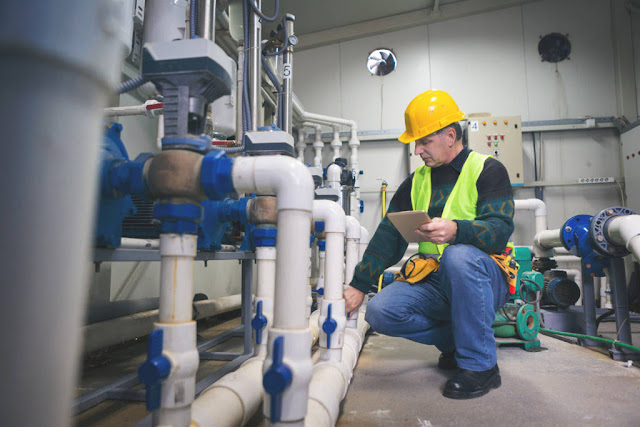How thermostats impact on commercial hvac and air conditioning system efficiency

Did you know that the way you use your thermostats affect how efficiently your HVAC system operates? Commercial buildings often have strict temperature requirements in order to maximize the comfort of everyone in the space. During seasons with extreme weather, like the hot summer months we’re experiencing now, using your thermostats correctly will make your HVAC system run more efficiently and save you money on your monthly energy bills. To understand a bit more about why this is, let’s first take a few steps back. The thermostats tell your HVAC system how to operate – when to turn on, when to turn off, and the exact temperature your building needs to be at different points throughout the day. You may think it’s as simple as turning the thermostat down when you want a room to be cooler and turning it up when you want the air conditioning to switch off, but it can be a bit more complex than that. If you’re a business owner and you walk into your shop fi...


